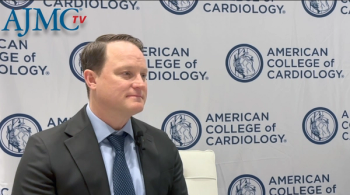
STRIDE investigator Marc Bonaca, MD, MPH, University of Colorado School of Medicine, highlights how the data could provide insight into peripheral artery disease and type 2 diabetes treatment options.

STRIDE investigator Marc Bonaca, MD, MPH, University of Colorado School of Medicine, highlights how the data could provide insight into peripheral artery disease and type 2 diabetes treatment options.
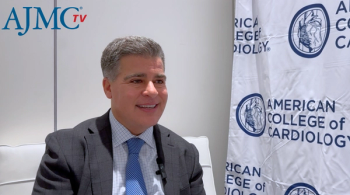
Christian T. Ruff, MD, MPH, of Brigham and Women's Hospital, discusses new data comparing abelacimab with rivaroxaban in patients with atrial fibrillation presented at the American College of Cardiology 2025 Annual Scientific Session.

Although the widespread adoption of remote patient monitoring during the COVID-19 pandemic expanded care access, particularly for underserved communities, challenges persist in sustaining this access.
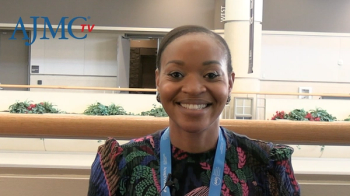
Crystal Aguh, MD, FAAD, Johns Hopkins School of Medicine faculty, highlights the critical need for comprehensive education on hair loss across diverse hair types, stressing the importance of understanding inflammatory pathways for developing targeted therapies.
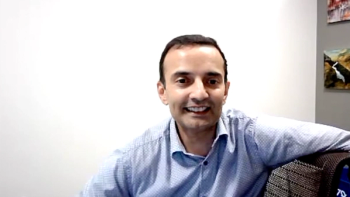
For higher-risk multiple myeloma (MM), successful patient selection and monitoring strategies are vital for the management of adverse events and the disease itself.
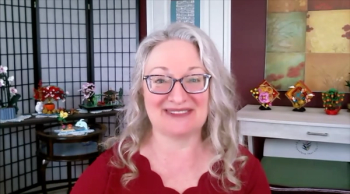
Kimberly Westrich, MA, chief strategy officer at the National Pharmaceutical Council, highlights upcoming discussions on patient engagement, formulary management, and policy changes, including the Inflation Reduction Act.

Joshua Kaufman, MD, of CDPHP, discusses the significance of long-acting injectables (LAIs) in improving adherence, reducing the risk of relapse, and preventing hospitalizations.
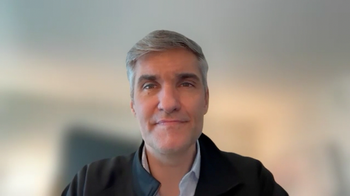
The approval of revakinagene taroretcel (Encelto; Neurotech) addresses a significant unmet need for patients with macular telangiectasia type 2 (MacTel), clinical investigator Charles C. Wykoff, MD, PhD, Retinal Consultants of Texas, said.

Crystal Aguh, MD, FAAD, Johns Hopkins School of Medicine faculty, advocates for increased funding and education to address hair loss disparities within the African diaspora, emphasizing the need for culturally sensitive treatment and research.

Charles C. Wykoff, MD, PhD, Retinal Consultants of Texas, discusses data supporting the FDA approval of revakinagene taroretcel-lwey (Encelto; Neurotech Pharmaceuticals), the first and only therapy indicated for the treatment of macular telangiectasia type 2 (MacTel).
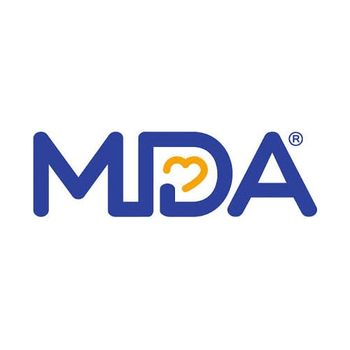
One of the major highlights of the Muscular Dystrophy Association (MDA) Clinical & Scientific Conference is that invaluable networking opportunities can help clinicians elevate their own best practices.

In this discussion with Cathy Eng, MD, FACP, FASCO, Vanderbilt-Ingram Cancer Center, she illustrates how Vanderbilt works to specify each individual patient’s cancer care regimen and treatment path.
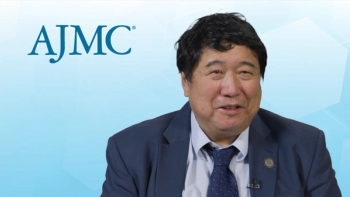
Lipoprotein(a) [Lp(a)] plays a key role in assessing cardiovascular risk, making awareness efforts equally essential for prevention and early intervention.
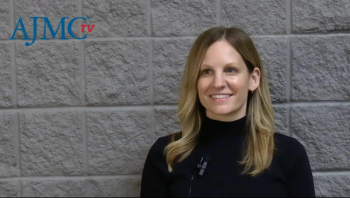
Elizabeth Jones, MD, FAAD, highlights the persistent issue of insurance companies favoring expensive, newer medications over equally effective generics in dermatology, emphasizing the time-consuming prior authorization process and advocating for patient partnerships and systemic improvements.
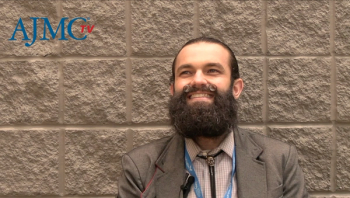
Steven Daniel Daveluy, MD, FAAD, discussed how artificial intelligence (AI) can leverage extensive patient data and guide dermatologists to improve early diagnosis and treatment of rare dermatological diseases through teledermatology.
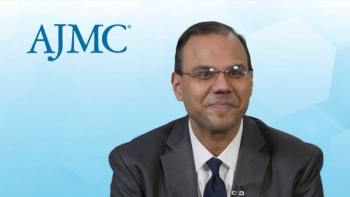
The PROMPT trials evaluate the influence of electronic health alerts for informing appropriate, evidence-based therapies to patients with cardiovascular conditions.

To mark the 5-year anniversary of the COVID pandemic, The American Journal of Managed Care® spoke with Noah Greenspan, DPT, PT, CCS, EMT-B, cardiopulmonary physical therapist and director of the Pulmonary Wellness and Rehabilitation Center in New York City.

Toon Van Gorp, MD, PhD, a MIRASOL trial investigator, emphasizes that the final analysis reinforces the efficacy of mirvetuximab soravtansine-gynx (Elahere; AbbVie) in patients with folate receptor alpha-positive (FRα+), platinum-resistant ovarian cancer.

Treatment guidelines in polycythemia vera currently recommend maintaining hematocrit below 45%, with a higher threshold for men vs women.

Karen Winkfield, MD, PhD, addresses the importance of meeting patients where they are to expand clinical trial participation and remove barriers to trial access.

Medication costs are only a piece of the puzzle when clinicians think about health care access, explains Leigh Maria Ramos-Platt, MD.

Tania Gendron, PhD, speaks to the present challenges for translating biomarker discoveries to clinical practice and offers insights to how these can be overcome.

Elizabeth Jones, MD, FAAD, Thomas Jefferson University Hospitals, highlights the continued relevance of older, generic dermatologic therapies despite the availability of newer, targeted treatments.
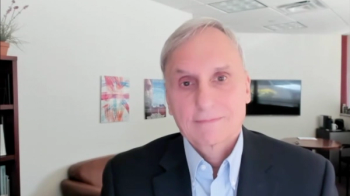
Adeno-associated virus (AAV)–mediated gene therapy was one of the focal points of this year's Muscular Dystrophy Association conference. Here, Barry Byrne, MD, PhD, University of Florida, speaks to the novel development of AAV gene therapy and its mechanism of action.
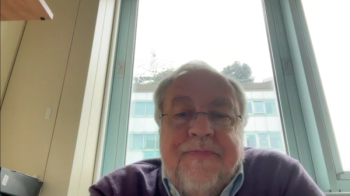
Giulio Cossu, MD, speaks to the lingering safety concerns related to ex vivo gene therapy in Duchenne muscular dystrophy (DMD) as long-term data are yet to be established.
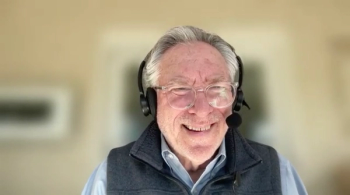
Christopher L. Moertel, MD, University of Minnesota, discusses the trial data that helped get mirdametinib approved and what providers can do to keep measuring quality of life (QOL) improvements.

The final analysis showed similar overall survival, progression-free survival, and objective response rates, with no new safety signals identified compared with the primary analysis.

Cemacabtagene ansegedleucel, an allogeneic chimeric antigen receptor (CAR) T-cell therapy, is being investigated in relapsed/refractory large B-cell lymphoma.

Experts share here what they take away from the Conference on Retroviruses and Opportunistic Infections (CROI) each year and why this meeting is so important in this space.
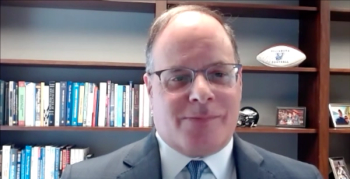
Tom Belmont, president and CEO, Greater Philadelphia Business Coalition on Health (GPBCH) previews the upcoming employer symposia, which seeks to help employers navigate solutions for the management and prevention of cardiovascular and musculoskeletal disease.

259 Prospect Plains Rd, Bldg H
Cranbury, NJ 08512
© 2025 MJH Life Sciences®
All rights reserved.
